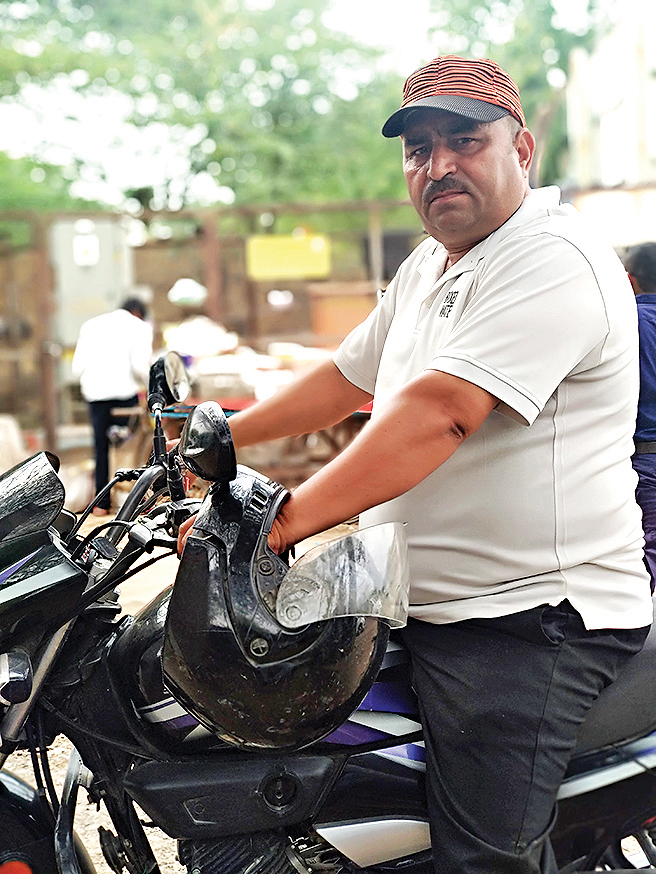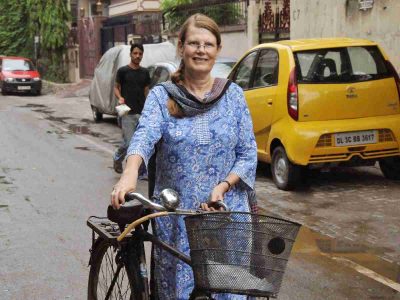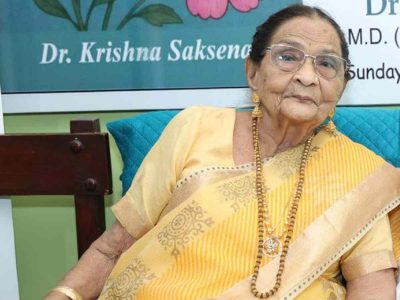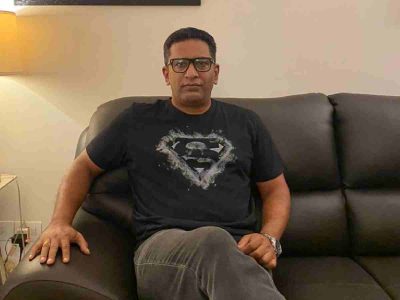This is the story of patrolling guard Rajkumar, who was also the first responder in the Nirbhaya Rape case in 2012. He recalls the incident and its aftermath, his life story and current duties
I still get chills whenever I pass by that spot. The spot where I found Jyoti Singh and her friend Awindra Pandey lying naked next to the road. I was shocked and could not fathom out the reason of their misery. My mind stopped functioning for a few seconds, but somehow I managed to convince the policeman to take both the persons to the hospital.
Today, working as a patrolling guard for IGL (Indraprastha Gas Ltd), I have a fixed route which starts from Bhikaji Cama Place and terminates in Dwarka Sector 9. Often times when I have to visit Mahipalpur too for my work, I see that spot as I take a U-turn under the flyover, and immediately I identify that spot. I cannot forget it. It changed the way I see the world and how some people can show such levels of monstrosity.
As much as I try to forget that spot, I can’t, so whenever I see it, I look up to the skies and pray for her (Singh’s) spirit.
Before working as a patrolling guard, I served my country by joining the Army at a very early age. I was only in 9th standard at the time, and the minimum educational qualification was 8th standard. I remember how my uncle and my father who were in the Army at that time persuaded me to go for the test. And since I anyway was more into sports than studying, I thought I would give it a try.
The year was 1983, I was quite fit, and one has to clear a fitness test to join the Indian Army. It was a sprint race and I completed that in the prescribed time. My first posing was at Sagar in Madhya Pradesh. I was part of the 2nd Rajputana Rifles (one of the most senior rifle regiments).
It was an amazing time, with all these passionate young men who were ready to do anything for the country. In the year 1984, when the then prime minister called for Operation Blue Star, my unit was part of that mission.
After serving that operation, I was posted to many parts of the country such as Jammu (2.5 years), Delhi (2.5 years), Udaipur (2.5 years), and so on.
After serving in these areas, a call came for the bigger task — the Kargil War. In 1999, when the war started, I was not apprehensive about it at all, I was very much ready to fight against anybody who could harm the country and my brothers (Army men). It was a tragic war, for though it brought victory for us, I lost many of my friends. Never ever had I seen so much retaliation and bloodshed in front of my eyes. So many of my brothers got injured, including me.
A grenade attack took place at the spot where I and my fellow soldiers were sitting. Some died and such was the pressure of the attack, it shook my right foot, resulting in a fracture. It was immensely painful and even today the swelling hasn’t toned down. It doesn’t pain, but the swelling reminds me of that time.
If I talk about a similarity between my job as an Army man and patrolling guard, I think there’s this attitude of wanting to perform tasks, which still motivates me. Whether I was in the battlefield or today driving my motorcycle, I take the tasks of the day quite seriously.
On the line of this (patrolling) duty, I often bump into people who do not wish to listen to me. But I try making them understand. My work as a patrolling guard for IGL (the CNG company) is mostly to monitor any sort of ongoing construction on the 18-kilometre stretch.
The job is to not let anyone by mistake dig up the land where there are CNG pipelines. They have to be safeguarded. I know the spots where the line is, and if some construction is happening, I go and ask the contractor for permissions of the authorities. If everything seems right on paper, I leave for the next spot.
It’s a tiring job, but the Army has prepared me well for these sorts of tasks. Any weather, any time, it’s not really a problem for those who have served in the Army. We are trained to tackle any situation, so the current job doesn’t feel much of a burden.





